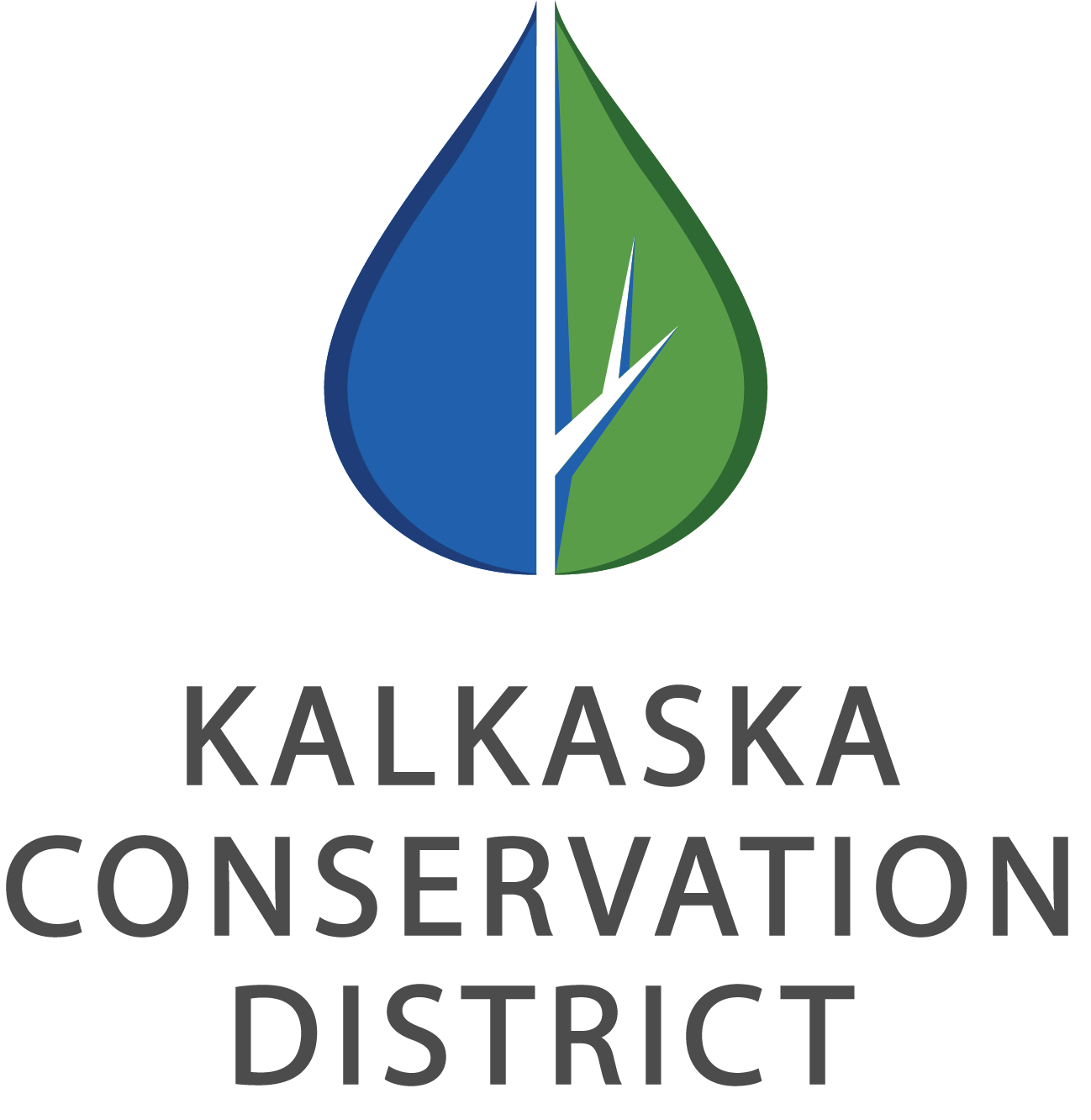Pollinator Garden to be Established in Rapid City
By Marilyn Shy, Kalkaska Conservation District
With funding from the State of Michigan, the Kalkaska Conservation District (KCD) has granted an award to the Clearwater Community Marketplace to establish a permanent pollinator garden near Rapid City.
The garden will include a variety of perennial native flowering plants, including Common Milkweed, Wild Bergamot, Black-eyed Susan, Evening Primrose, Great Blue Lobelia, Showy Goldenrod, Smooth Blue Aster, and Purple Coneflower, among others.
One of the pollinators targeted to visit the garden is the monarch butterfly. This butterfly is in decline across its range in North America. Loss of milkweed host plants has been identified as a major contributing factor.
One way to help the monarchs is by providing nectar-rich flowers and milkweed host plants. Adult monarchs depend on diverse nectar sources for food during spring, summer and fall, while the caterpillars are completely dependent on their milkweed host plants.
In the 1990s, nearly 700 million monarchs made the epic migration from the northern U.S. and Canada to the mountain forests north of Mexico City. Now, researchers and citizen scientists estimate that only a fraction of that population remains. Monarchs have declined by more than 80 percent since the 1990s. In 2023, high temperatures and drought reduced the abundance of milkweed in the U.S. and Canada, accelerating the monarch’s decline.
In addition to monarchs, the garden will provide habitat for other butterflies and pollinating insects. Pollinators are essential for the production of many fruit and vegetable crops, including apples, blueberries, cherries, peaches, pears, raspberries, summer and winter squash, watermelons, and pumpkins, among others. Some of these plants, such as raspberries and pumpkins, would produce no fruit at all if not for the insect pollinators.
Another benefit of the new pollinator garden is serving as an educational site for members of the community, to learn about creating similar habitat on their own property.
At their March board meeting, Kalkaska Conservation District approved 2 additional projects that will be established this spring. Watch this space for future news articles describing other newly funded conservation projects taking place in the county.
The District continues to seek proposals for projects that directly improve the health of the county’s water, soil, natural resources, and environment. Grants will be made ranging from $500-$10,000 and can support up to 80 percent of the project cost. The application deadline for the next round of grants is June 15th. For more information, go to the KCD website at: kalkaskaconservation.org and click on the “Mini-Grants for Conservation” tab. Or email KCD District Manager Mark Randolph at mark.randolph@macd.org.
Native garden located at Birdsfoot Native Nursery, South Boardman, MI.
The Kalkaska Conservation District helps people manage and protect local forest, water, and wildlife resources. We provide free, on-site land stewardship consultations, and a range of educational workshops, and sponsor important events like Hazardous Waste Collections and Tree Sales. This work is made possible by a local millage to support District operations.




